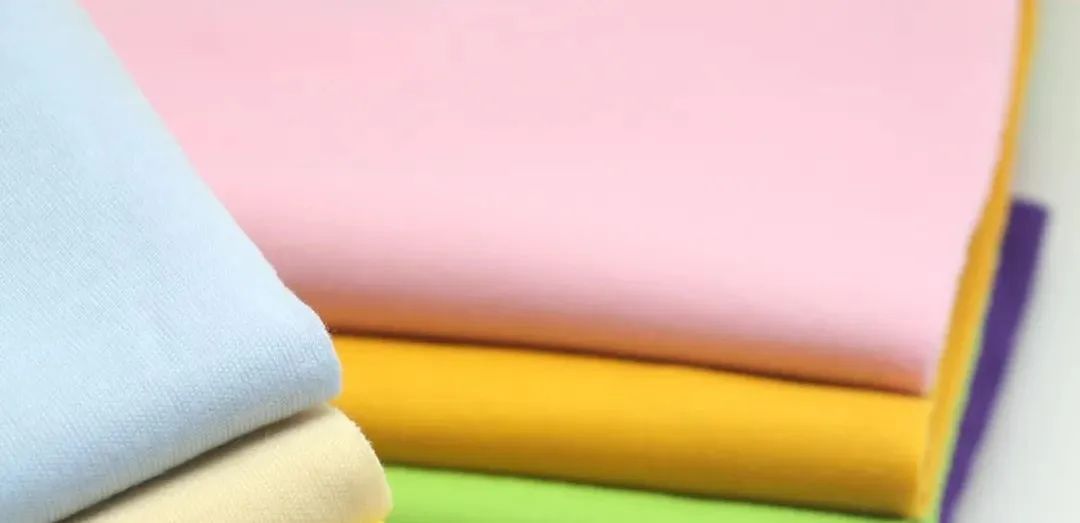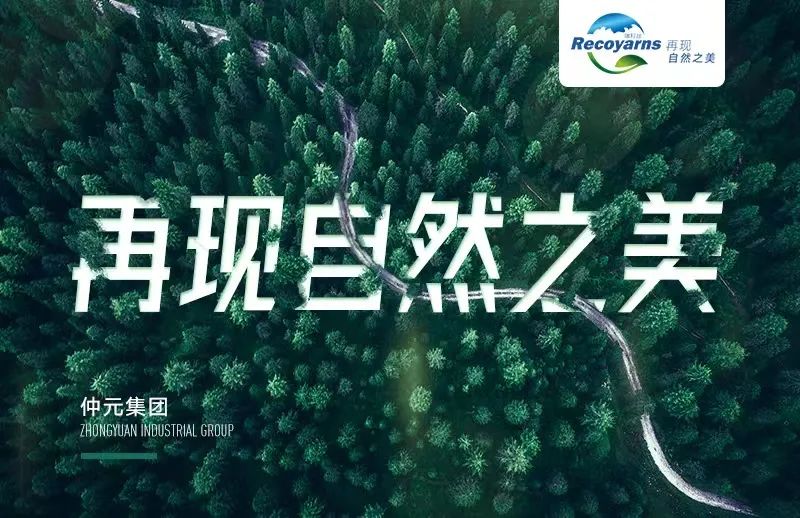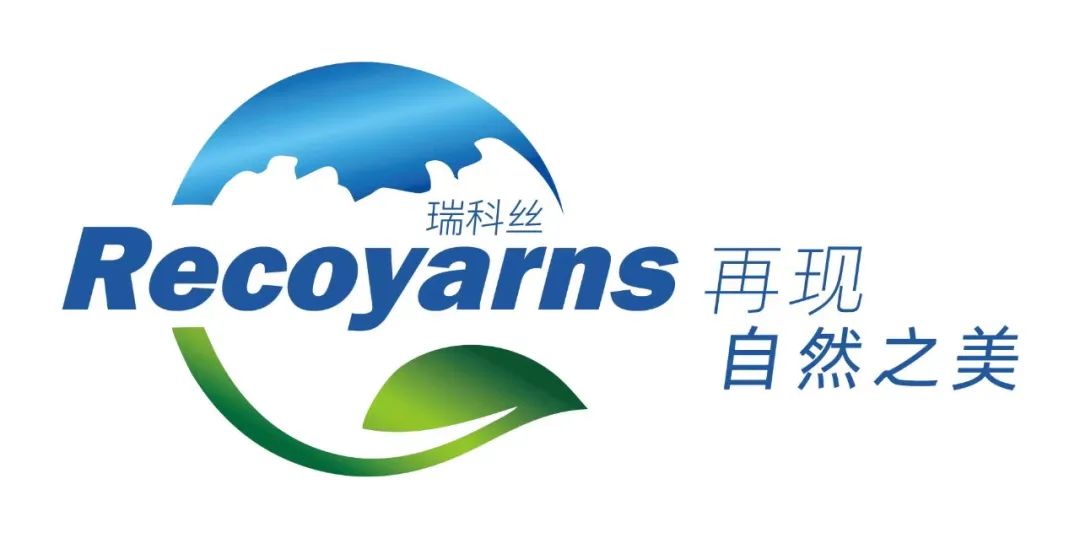Recently, Intertek Tianxiang Group issued green leaf label certification to Recoyarns, a subsidiary of Jiangsu Zhongyuan Group (hereinafter referred to as "Zhongyuan"). We evaluated the Global Warming Potential, Cumulative Energy Demand, and Water Consumption of Recoyarns' recycled polyester chips and recycled polyester fibers from cradle to doorstep.The results indicate that compared to native fibers, Recoyarns®'s recycled polyester chips and recycled polyester fibers have excellent environmental benefits.
The value of sustainable resources, showcasing the beauty of nature

As a company that has been deeply involved in the recycled chemical fiber industry for 10 years, Zhongyuan Group is one of the earliest enterprises in China to explore the field of sustainable recycled chemical fibers. With a pioneering mindset, Zhongyuan Group designed the earliest domestic recycled slicing and granulation production line, developed 100% renewable chemical fibers, and became the largest producer of recycled polyester in China. In recent years, attention has been paid to the issue of marine plastic pollution and efforts have been made to promote plastic recycling on all continents to support global environmental protection efforts.
While focusing on the research and development of diversified, high-quality, and functional sustainable green fibers, Zhongyuan attaches great importance to relevant industry rules and certification systems at home and abroad, and each product has obtained multiple certifications. Zhongyuan's products have passed the China Chemical Fiber Association Green Fiber Certification, Global Recycling Standard System (GRS) Certification, Intertek Green Leaf Certification, and EU OEKO-TEX100 Certification, and have been recognized by many international leading brands such as Nike, Adidas, Li Ning, IKEA, Coca Cola, and Japan's Toray.

Zhongyuan has obtained two carbon label evaluation certificates for its products, Recoyarns® recycled and environmentally friendly polyester chips and Recoyarns® The carbon footprint accounting, cumulative energy consumption, and water consumption of recycled polyester fibers are all based on life cycle assessment (LCA); From Cradle to Door; The methodology is being developed. In this LCA evaluation service, Tianxiang collected data on the manufacturing process and transportation of two products from raw material processing (100% post consumer recycled PET bottle flakes), as well as the production, packaging, and transportation processes of the products.

It has been confirmed that when the supply and demand of recycled materials reach a balance in the market, for every 1 kilogram of recycled polyester chips produced, greenhouse gas emissions can be reduced by up to 73% compared to native polyester chips, cumulative energy consumption can be reduced by up to 87%, and water consumption can be reduced by up to 53%. For every kilogram of recycled polyester fiber produced, greenhouse gas emissions can be reduced by up to 45% compared to virgin fibers, cumulative energy consumption can be reduced by up to 71%, and water consumption can be reduced by up to 34%.
This LCA assessment helps Zhongyuan, which focuses on sustainable development, grasp the environmental impact of each link in the product lifecycle and occupy a leading advantage in the recycled polyester industry.
Life cycle assessment (LCA) is an important tool to assist businesses in quantifying their product environmental footprint. By implementing product environmental footprint assessment, an objective understanding of energy consumption/carbon emissions throughout the product lifecycle can be obtained, which can help companies understand the high energy consuming aspects of the product lifecycle, improve product design, enhance efficiency, and reduce costs.
carbon emission
Zhongyuan Group 200000 tons/year Recoyarns®
Recycled polyester chips and yarns can reduce at most
① carbon emission
Reduce carbon emissions by 369 million kilograms,
Equivalent to planting 16.75 million trees.
② energy consumption
Reduce energy consumption by 12.39 billion megajoules,
Equivalent to saving 422900 tons of standard coal.
③ water consumption
Reduce water consumption by 1.08 million cubic meters,
Equivalent to 571 standard swimming pools.
④ OIL
Reduce oil resources by 1.2 million tons.
⑤ Abandoned plastic bottles
Reduce 10 billion discarded plastic bottles.





